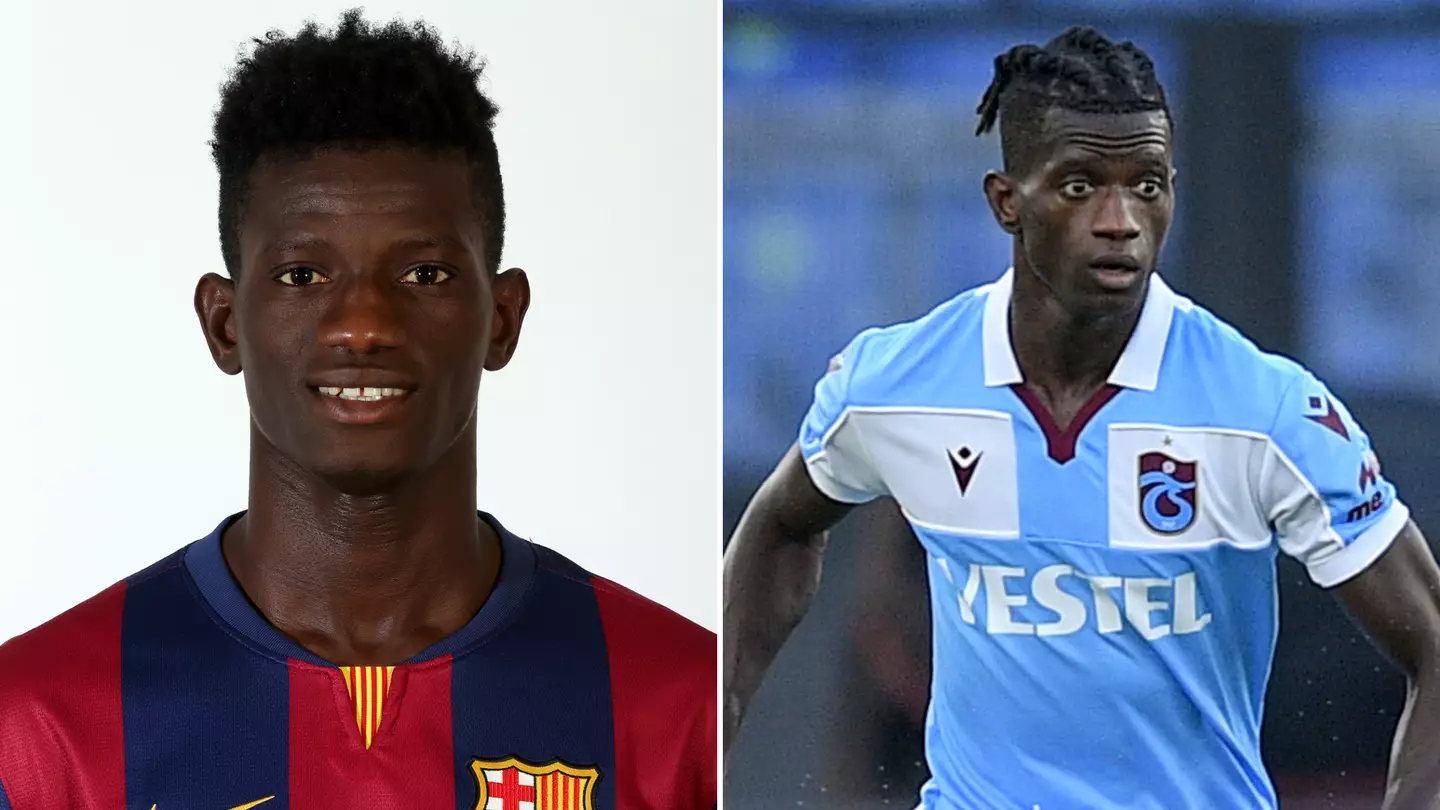Ex-Barcelona star ‘may need to take DNA test’ amid claim he sent brother to play for club instead of himself

A former Barcelona player is being investigated over claims he made his twin brother play for his new club instead of himself.
Players who are deemed good enough to play for Barcelona at youth level tend to go on to enjoy stellar careers.
That isn’t always the case though, evidenced by one of the most bizarre things to ever happen in professional football.
According to reports from Marca and outlets in Romania, Dinamo Bucharest are investigating whether their defender Edgar Ie made his twin brother play five games in his place without the club realising.
The 30-year-old signed for the club in February to help with their battle against relegation from the Romanian top flight, but it now appears that the player who actually arrived in Bucharest was his twin brother Edelino.
The apparent fraud was uncovered by journalist Daniel Sendre, who reported that Dinamo became suspicious when the player claiming to be Edgar Ie could only communicate in Portuguese despite playing in Spain, France, Turkey and the Netherlands.
Guinea-Bissau international Edgar spent three years with Barcelona B before playing for clubs including Villarreal B, Lille, Trabzonspor and Feyenoord.
In contrast, his brother Edelino has spent practically his entire career playing in Portugal.
According to Romanian journalist Emanuel Rosu, suspicions were further heightened when Edgar reportedly refused to show the club his drivers license when asked.
A source within the Romanian Football Federation told iAMsport that a DNA test could be used to resolve the dispute.
The federation has no official guidelines on situations like this, but if the alleged fraud is proven and if Dinamo were aware of it, then the club could be deducted the eight points it won in the five games Edelino played in place of Edgar Ie.
Dinamo could avoid sanction if they can prove that they were deceived and had no knowledge of the alleged identity fraud.





